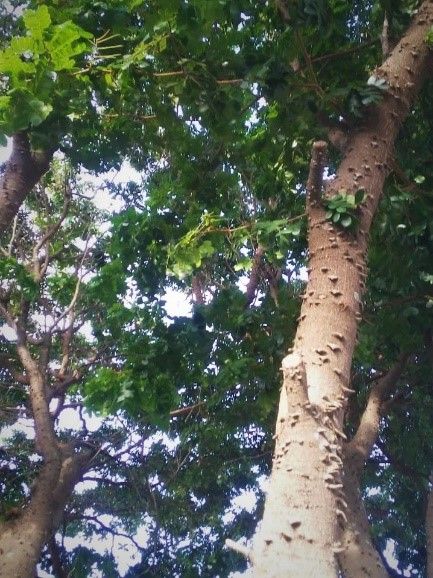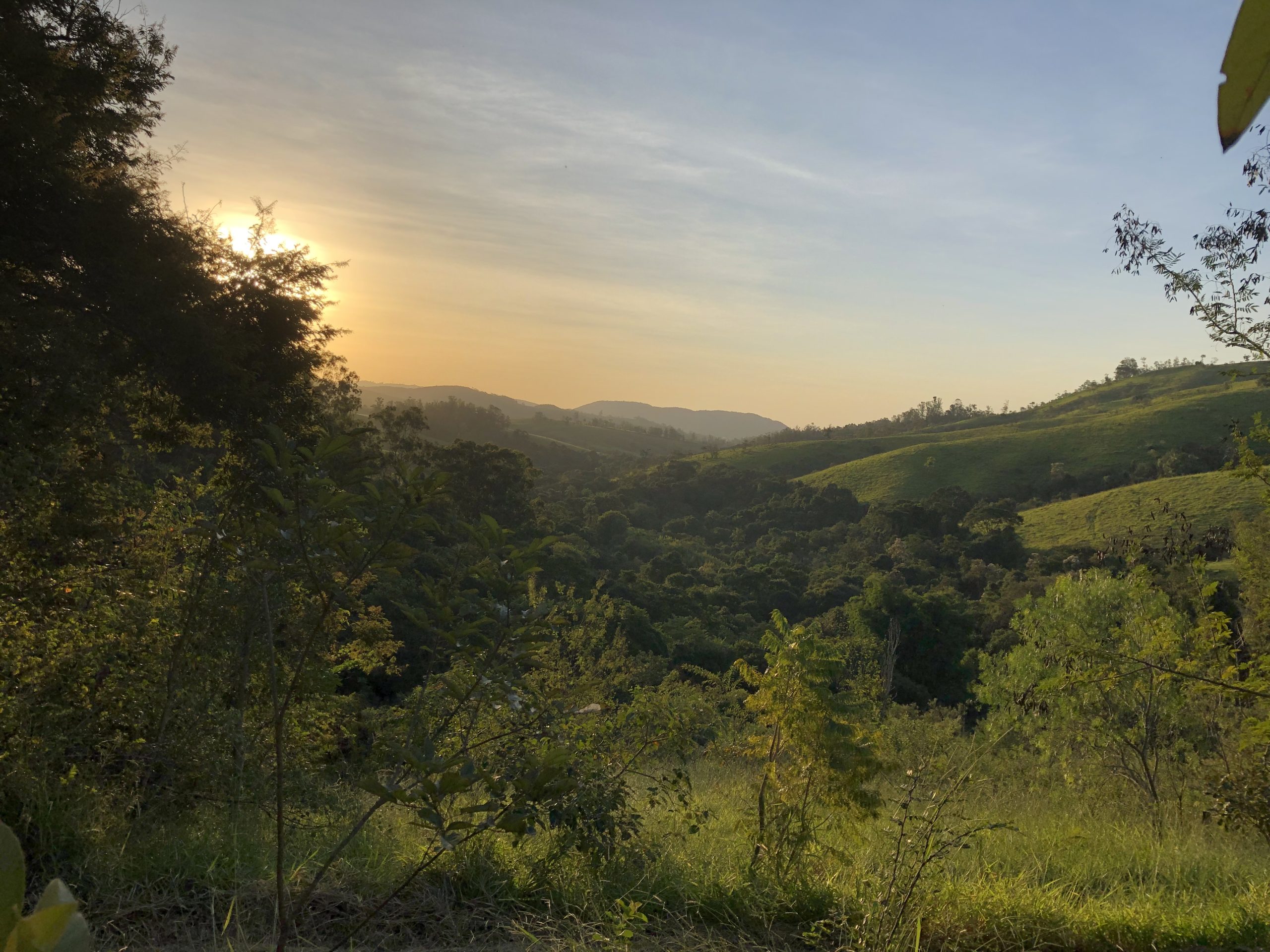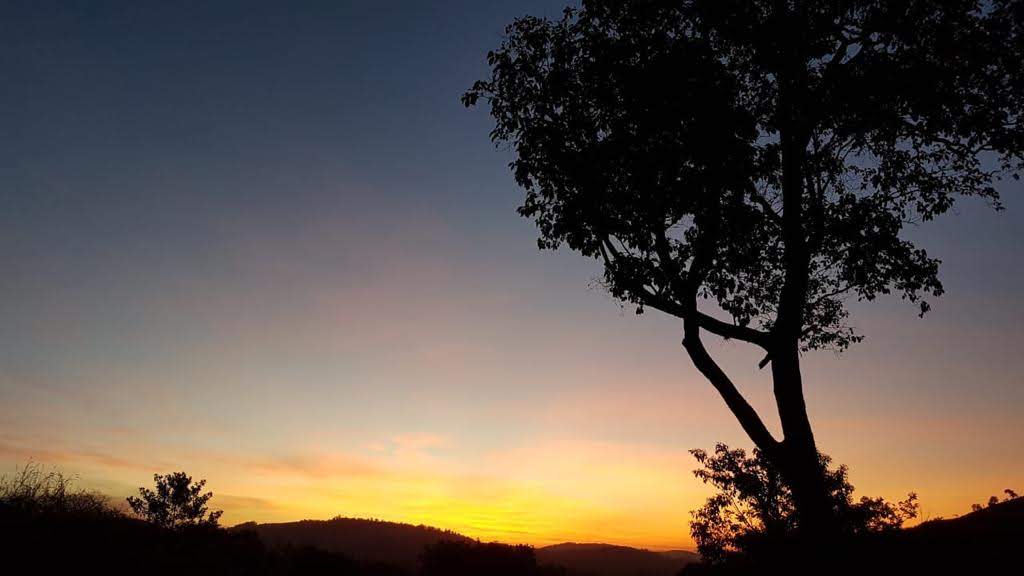Tree restoration in Brazilian Atlantic Forest

-
Status of project
Completed -
Region
Latin America and the Caribbean -
Country
Brazil -
Programme
Global Trees Campaign -
Workstream
Saving Plants -
Topic
Tree Conservation
Project completed: 2021
Conservation Problem
A globally important hotspot for threatened trees, the Atlantic Forest of southeast Brazil is heavily degraded. Less than 2% of the original cover remains. Fragments are under continuous disturbance from agriculture and uncontrolled sprawl of urban areas.
Project goal
Restoring degraded farmland that has been intensively used for cattle pasture, coffee and sugar plantations as part of an integrated conservation plan for four threatened tree species.

Why these species?
The Araribá Botanic Garden is based within the semi-deciduous Atlantic Forest, nearby to degraded farmlands, and so is well placed to initiate actions for the following threatened tree species:
- Chloroleucon tortum (CR) faces dual threats of deforestation and logging. This species is very important for restoring degraded areas because it grows under direct sunlight and tolerates low nutrient soils.
- Cedrela fissilis (VU) has suffered a population decrease of 30% due to logging for its timber.
- Paubrasilia echinata (EN) is a symbolic tree species of Brazil, well known as “Pau Brasil”. However, it is now Endangered due to deforestation and centuries of unsustainable exploitation to extract dyes.
- Zeyheria tuberculosa (VU) is a good species for use in restoration projects, due to its fast growth and natural occurrence during secondary succession of abandoned pastureland.

What are we doing?
BGCI is partnering with the Araribá Botanic Garden, who will employ 30 years of restoration experience to restore ecosystem functioning by increasing the abundance of threatened species in in the semi-deciduous Atlantic Forest. Specific project activities include:
- Carry out field surveys across fragmented forest to locate and collect seeds and vegetative (growth) materials of the target species;
- Deliver capacity building course on seed conservation;
- Initiate propagation of the target species and develop propagation protocols;
- Restore degraded land with target threatened tree species and other native plants, manage and monitor the planted saplings;
- Disseminate public outreach material.
BGCI is also supporting other projects in Southern Brazil’s Araucaria Forest.
Contact details
For more information on this project, please contact globaltrees@bgci.org